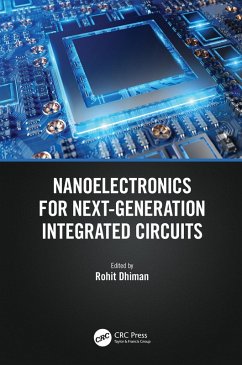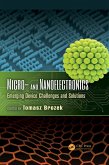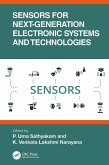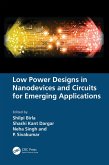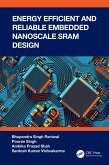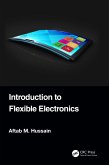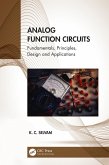Nanoelectronics for Next-generation Integrated Circuits is a useful reference guide for researchers, engineers, and advanced students working on the frontier of the design and modeling of nanoelectronic devices and their integration aspects with future CMOS circuits. This comprehensive volume eloquently presents the design methodologies for spintronics memories, quantum-dot cellular automata, and post-CMOS FETs, including applications in emerging integrated circuit technologies.
Dieser Download kann aus rechtlichen Gründen nur mit Rechnungsadresse in A, B, BG, CY, CZ, D, DK, EW, E, FIN, F, GR, HR, H, IRL, I, LT, L, LR, M, NL, PL, P, R, S, SLO, SK ausgeliefert werden.

